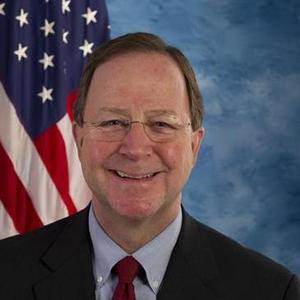Flores introduces bill to limit RFS ethanol blending obligations

May 20, 2019
BY Erin Voegele
Advertisement
Advertisement
Related Stories
Reps. Mike Carey, R-Ohio, and Mariannette Miller-Meeks, R-Iowa, on May 1 introduced legislation that aims to retroactively extend the biodiesel blenders tax credit (BTC) and the second-generation biofuel producer tax credit.
Iowa Secretary of Agriculture Mike Naig announced on April 30 that the Iowa Renewable Fuels Infrastructure Program board has approved an additional 95 applications to support new and expanded ethanol infrastructure projects.
North Dakota Gov. Kelly Armstrong on April 15 signed a bill creating a low-carbon fuels fund that is designed to help the state’s ethanol producers lower the CI of the fuel they produce, which could help producers participate in the SAF market.
In April, U.S. Grains Council Regional Director for Europe, the Middle East and Africa (EMEA) Ramy H. Taieb led a delegation to Nigeria to study the country’s potential for enhanced ethanol consumption.
The EU’s continued discrimination against the use of sustainable crop-based biofuels to reduce emissions from transport has left Europe needlessly reliant on fossil fuels, with many Member States still falling short of renewable energy targets.





